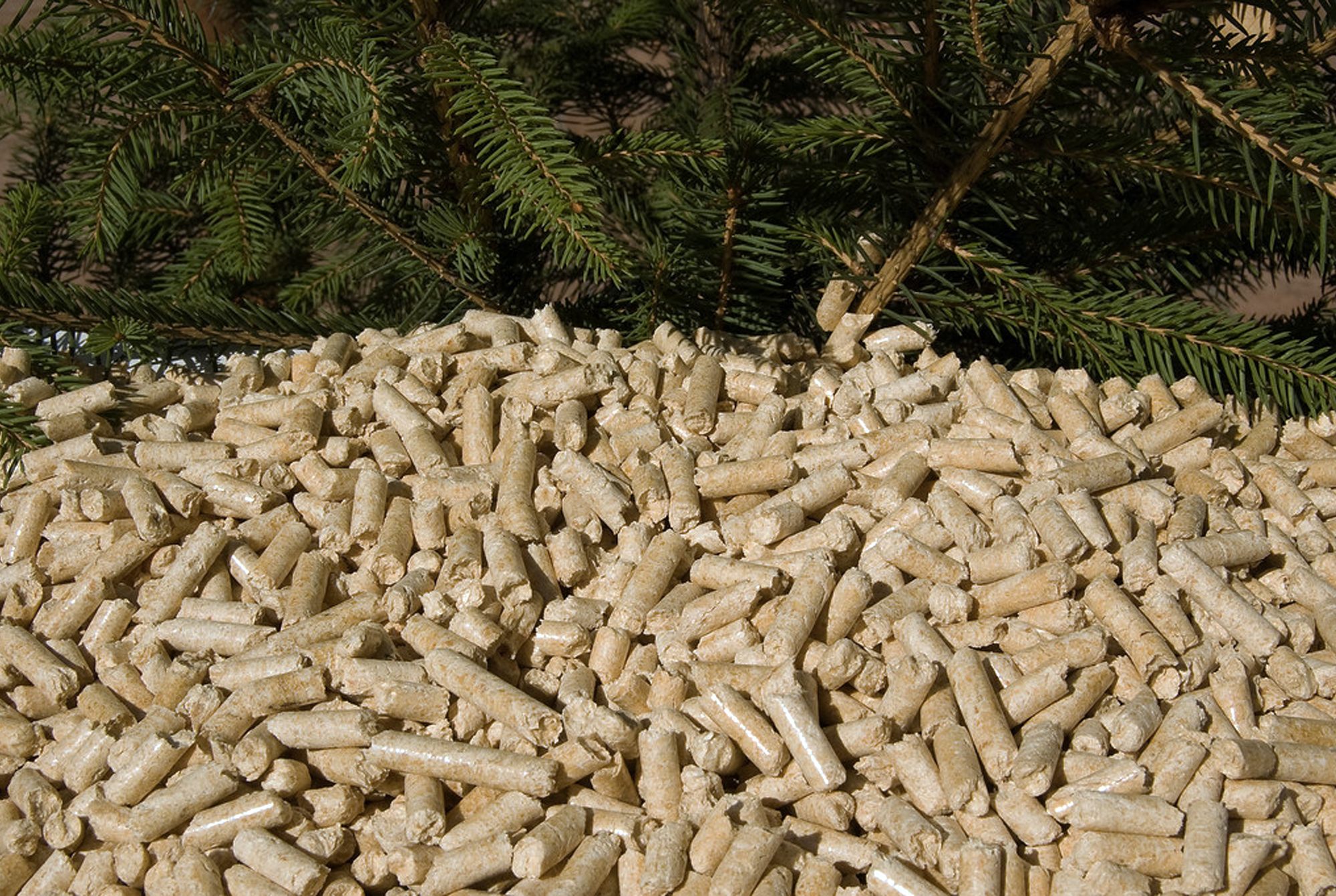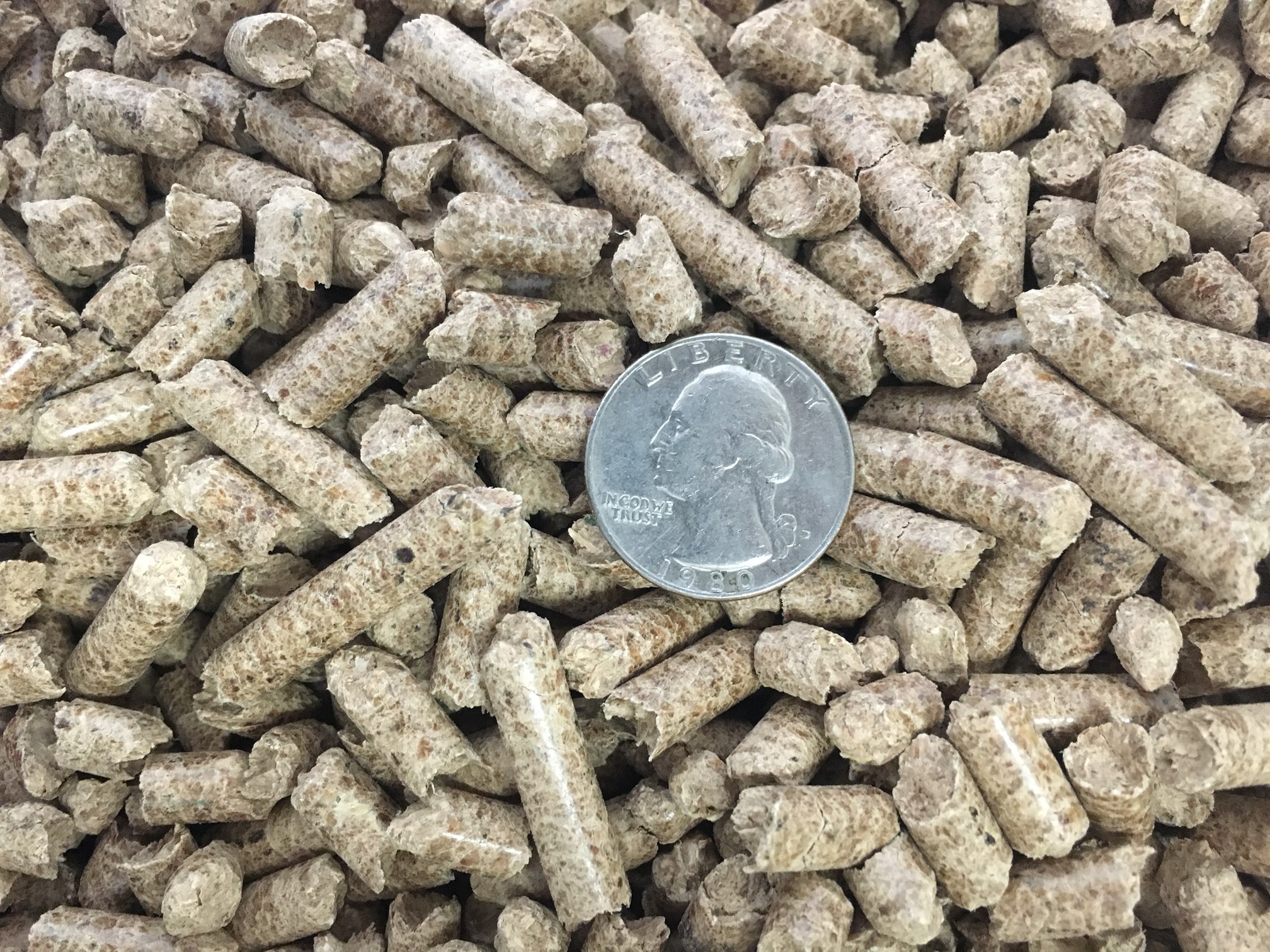In today’s fast-paced world, convenience often takes precedence over environmental and health concerns. Many households and industries have turned to brikett as a convenient and cost-effective alternative to traditional fuels like wood and charcoal. These compressed biomass blocks offer several advantages, such as longer burn times and reduced smoke emissions. However, the health impacts of using briquettes are often overlooked. In this article, we will explore what you need to know about the potential health risks associated with using briquettes.
Understanding Briquettes
Before delving into the health impacts of briquettes, it’s essential to understand what they are and how they work. Briquettes are typically made from various organic materials like wood chips, sawdust, agricultural residues, or even paper. These materials are compressed under high pressure to form dense blocks that can be used for cooking, heating, or as a source of energy in various industrial processes.

Air Quality and Respiratory Health
One of the most significant health concerns associated with the use of briquettes is their impact on indoor air quality. When briquettes are burned, they release harmful pollutants into the air, including particulate matter (PM), carbon monoxide (CO), and volatile organic compounds (VOCs). Prolonged exposure to these pollutants can lead to various respiratory problems, including asthma, bronchitis, and even lung cancer.
Carbon Monoxide Poisoning
Carbon monoxide (CO) is a colorless, odorless gas produced during incomplete combustion of briquettes. Exposure to high levels of CO can lead to carbon monoxide poisoning, which can cause symptoms such as dizziness, headache, nausea, and, in severe cases, death. This risk is particularly significant when briquettes are used in poorly ventilated spaces or without proper combustion equipment.
Indoor Air Pollution and Women’s Health
Women, in many households around the world, are often responsible for cooking and household chores. Unfortunately, the use of briquettes can disproportionately affect women’s health due to increased exposure to indoor air pollution. Prolonged exposure to indoor air pollution from briquette use can lead to respiratory infections, eye problems, and even adverse pregnancy outcomes.
Impacts on Children
Children are also vulnerable to the health risks associated with briquette use. Exposure to indoor air pollution from burning briquettes can hinder their lung development, leading to long-term health issues. Additionally, the fine particulate matter emitted by briquettes can worsen pre-existing respiratory conditions in children, such as asthma.

Alternatives and Mitigation Measures
While the health impacts of using briquettes are concerning, there are alternatives and mitigation measures that can be considered. Switching to cleaner and more efficient cooking stoves or transitioning to renewable energy sources like solar or biogas can significantly reduce the health risks associated with briquette use. Additionally, using briquettes in well-ventilated areas and adhering to safety guidelines can help minimize exposure to harmful pollutants.
Conclusion
In conclusion, while briquettes may offer convenience and cost savings, it’s crucial to be aware of their potential health impacts. The release of harmful pollutants during their combustion can lead to respiratory problems, carbon monoxide poisoning, and adverse effects on women’s and children’s health. To prioritize both convenience and health, it’s essential to explore cleaner alternatives and adopt mitigation measures when using briquettes. Making informed choices about energy sources is not only good for the environment but also vital for safeguarding our well-being.




